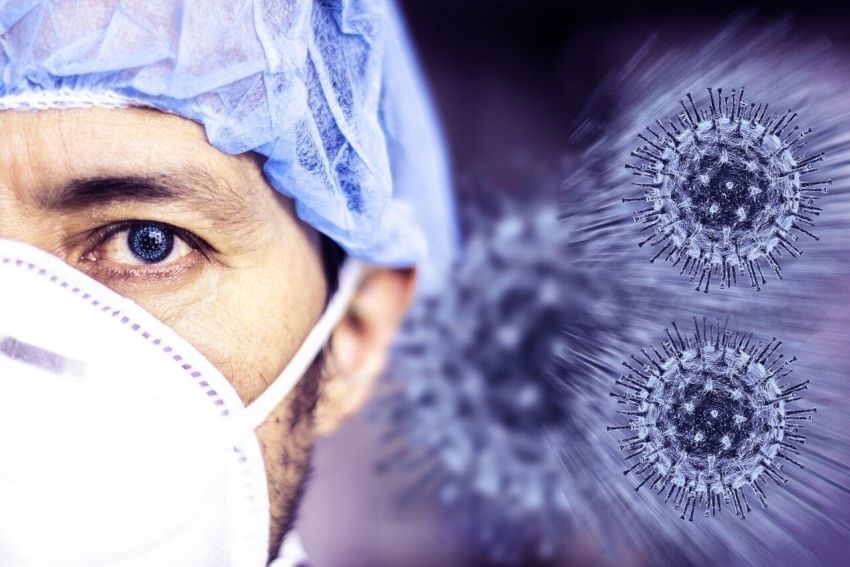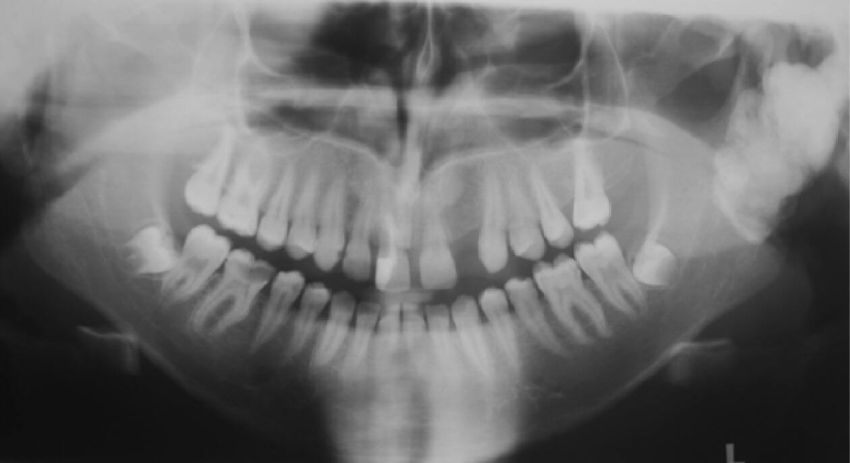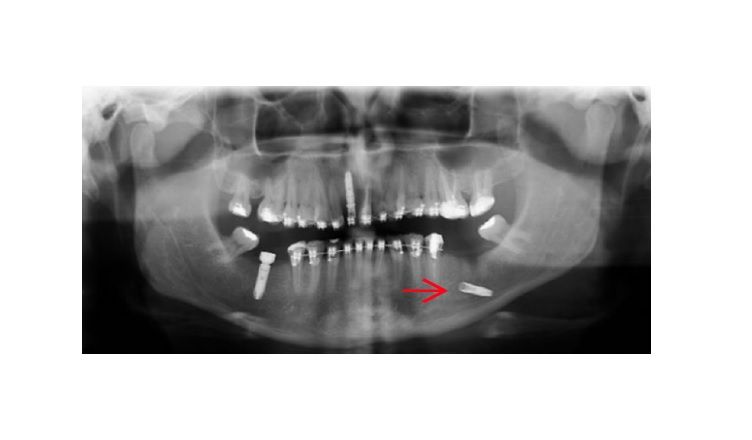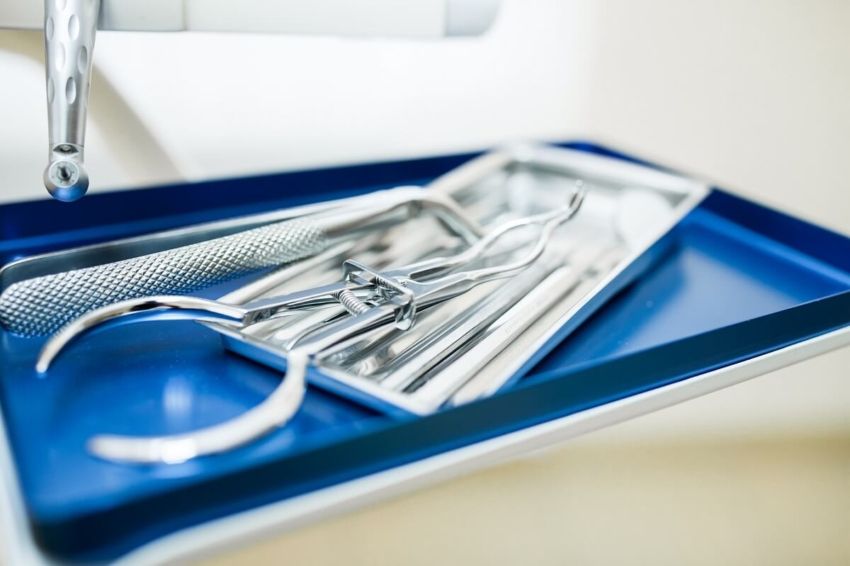GIS on the powers of radiation protection inspectors
The Chief Sanitary Inspectorate has responded to the comments of the Supreme Medical Council on the empowerment of radiological protection inspectors performing internal supervision of compliance with radiological protection requirements in health care units.
GIS has partially addressed comments on m.in. training of radiation protection inspectors. The draft regulation indicates that they may be in the form of lectures, exercises and seminar classes, but no more than 30% of the number of classroom hours of training – excluding exercises and seminar classes – may be conducted in the form of distance training.
Importantly, training must take place using enabling infrastructure and software:
– use of distance learning methods and techniques,
– use of teaching materials developed in electronic form and contact between the trainee and the trainers,
– verification of the trainee and confirmation of participation in the training course.
From the beginning, the Presidium of the National Board of Dentistry stressed that it was unjustified to narrow the possibility of providing training solely in the form of inpatient training.
More points needed to pass the exam
However, the authors of the regulations did not take into account the NRL's comment not to increase the number of points needed to pass the written part of the exam from 54% to 67%. According to the GIS, this is to provide verification of knowledge and improve skills of applicants for certification as radiation protection inspectors performing internal supervision of compliance with radiation protection requirements in health care units.
– Aesthetic medicine procedures are luxury services, so their price is not a key issue for patients – says Dr. n. med. Matthew Tomaszewski, one of the lecturers at the Aesthetic Medicine Conference. Dr. Tomaszewski stresses that the market for aesthetic medicine services is growing rapidly.



